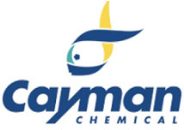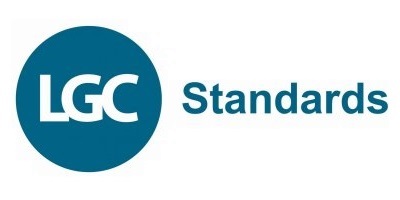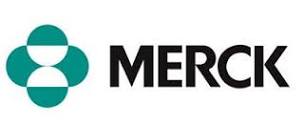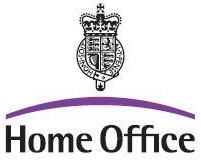Chemical Weapons Convention Compliance 101
The Chemical Weapons Convention (CWC), or in full: The Convention on the Prohibition of the Development, Production, Stockpiling and Use of Chemical Weapons and on their Destruction, is a multilateral disarmament treaty designed to eliminate an entire category of weapons of mass destruction. So, how is this important to chemical and pharmaceutical companies who clearly are not in the business of owning or using chemical weapons? We will discuss the importance of CWC compliance throughout this blog post and offer a solution at the end.
What is the Chemical Weapons Convention?
The CWC is an arms control treaty regulated by the Organisation for the Prohibition of Chemical Weapons (OPCW) to prevent the developing, producing, stockpiling and transferring of chemical weapons and their precursors1.
Currently (October 2022), 193 states have agreed to join the CWC and agree to its terms, with Egypt, Israel, North Korea and South Sudan not joining. Over 99% of the world’s declared chemical weapons stockpiles have been eliminated2.
Why is Compliance Required?
After seeing the devasting effects chemical weapons had on humans and animals during World War I and II, the CWC was created to eliminate them. However, some chemicals and their precursors can be used to produce chemical weapons yet are used in a wide range of industries and products from fire retardants to pharmaceutical synthesis. This leads us to the importance of compliance.
Specific chemicals as well as more general classes of chemicals are regulated under the CWC and therefore, subject to legal requirements. This helps prevent further development and transfer of chemical weapons to keep humans and our world safe and regulate the use of toxic chemicals for other, non-weapon purposes.
CWC guidelines separate chemicals into Schedules 1, 2 and 3, which are available on the gov.uk3 and OPCW websites.
- Schedule 1 Chemicals: These are high-risk, hazardous chemicals that have little to no use outside of chemical weapons. The CWC has enforced a limit on how many Schedule 1 chemicals can be produced, and any use must be reported to the relevant CWC authorities.
- Schedule 2 Chemicals: Chemicals in Schedule 2 will have approved small-scale applications, but these must be declared, and certain export restrictions will be in place.
- Schedule 3 Chemicals: These chemicals will be widely used in applications that do not involve chemical weapons. There are still restrictions on production levels, and export of schedule 3 chemicals and production plants may be subject to inspections.
How can we Remain Compliant?
Remaining legally compliant whilst using any of the CWC-listed chemicals is crucial for any company as it will ensure the safety of personnel, the environment and avoid regulatory action. There are four main points that each Member State, and those within them, must agree to:
- Destroy all stockpiles of chemical weapons
- Never develop, produce, stockpile or use chemical weapons
- Submit declarations to the OPCW if specific chemicals are produced or transferred
- Allow routine inspections of plants using listed chemicals
Those first two points are a national concern, but the second two have direct ramifications for chemical and pharmaceutical plants and chemical suppliers, as it requires reporting or declaring these chemicals to the relevant authorities. Compliance is critical, and while the OPCW and respective governments provide lists, manually scanning lists to check if a specific chemical is listed can be time-consuming and error prone
What solution do we have for you? A software system provides instant information on whether a chemical is regulated under the CWC (and more) and, if so, in which countries or states.
Scitegrity: Keeping you Compliant
Scitegrity, in partnership with some major pharmaceutical companies, has developed Controlled Substances Squared, a software system dedicated to helping you stay compliant by telling you whether a chemical is controlled or regulated - even if its proprietary
Key features of our software system include:
- Covers National and international legislation and conventions for controlled drugs and chemical weapons and precursors in more than 28 countries
- Easy to use, with detailed information and guidance on results
- Quick and accurate determination if a chemical is regulated, even for proprietary and novel chemicals
- Tens of thousands of chemicals can be uploaded in one check
With access to controlled substances lists around the world, as well as regional and international agreements, Scitegrity will ensure you stay compliant with the Chemical Weapons Convention, PIC/Rotterdam, Montreal Ozone Protocol and many other regulations.
Request a demonstration or contact us today for more information on how Controlled Substances Squared can help you stay compliant.
Trusted by our Clients











